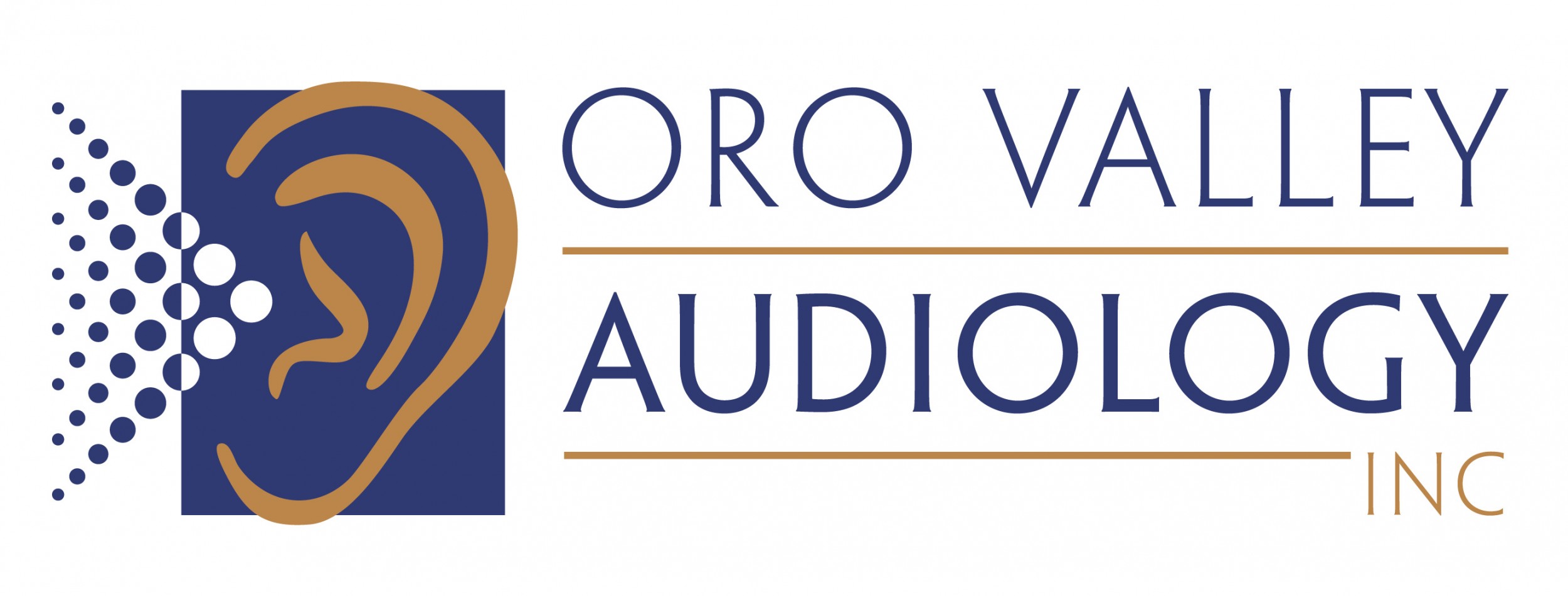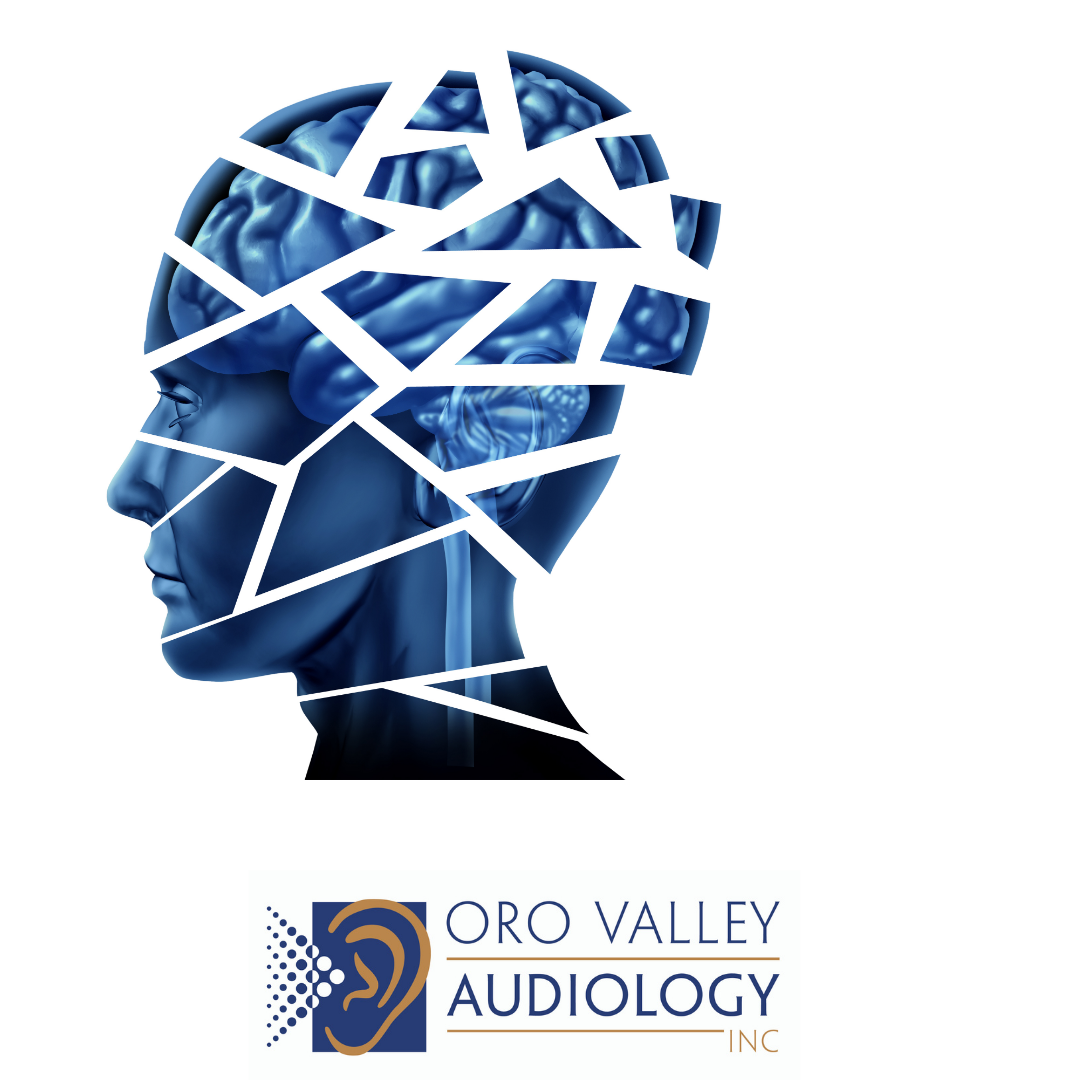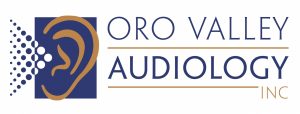Today’s view of healthcare has the goal of early diagnosis with the intention to either treat or change our behaviors to reroute the outcome. Most adults have their yearly physical and have a blood workup, women have mammograms, men have prostate exams and all over 50 get their colonoscopies. How many of us get our adult hearing baseline or our cognitive health screened before we experience difficulties?
Areas in cognition such as thinking, remembering, and learning are critical to keeping a healthy lifestyle well into our senior years. You may be wondering why a doctor of audiology is talking about our brain function. Well, let me tell you.
In my 30 years in this field, too much emphasis has been on the product to solve all of the problems by only giving sounds that the ear is missing, rather than what the brain can do with those sounds. In private practice, the product is important but not as important as the services and knowledge that goes into diagnosing, creating treatment plans, programming, and counseling from the Audiologist to ensure better patient outcomes.
We want to elevate the standard of life for those we serve. How do we do that?
The brain compensates for lack of simulation from even a mild hearing loss, and with that, there is an increase in our cognitive load. We only have a limited amount of brain function when doing a task. The more complicated the task, the more cognitive function is used. If there is hearing or even vision loss, then the brain is rerouting its energy to compensate. With cognitive overload, it can lead to making rash decisions, having our mood altered, and not being able to recall what has happened at that moment. You may have seen the joke, “let me turn the radio down so I can see where I am going!”
Sleep deprivation, depression, anxiety, unhealthy lifestyle, and diabetes are all health factors that affect our cognitive health. Since these, along with gradual eye and ear changes, are difficult to detect early on, it is important to have all of the risk factors included with yearly checkups. There is a window of opportunity to intervene with treatment with your physician, neurologist, ophthalmologist, AND audiologist early to make sure you have the best brain health possible for you.
The latest tools for better outcomes.
We use Cognivue in our office for cognitive screenings. This is a screening, not a test, and we can not diagnose you with dementia or any related symptom. It is a 5-minute screening that is FDA approved and calibrated to each person’s vision and dexterity. What we can do is use this information to refer you to the correct medical expert and, when there is evidence of hearing loss, create an individualized treatment plan for better outcomes through our office. We use the information, along with other questionnaires and hearing in noise tests to increase patient outcomes and help in the areas that are the most frustrating for the individual and their communication partners. There are only a handful of Audiologists around the world who take such a deep dive into how our brain processes information, how to set hearing devices appropriately using Real Ear Measures, and follow up with appropriate aural rehabilitation programs such as 5 Keys Communication and Hearing Wellness Journey.
Gone are the days, at least with those who are truly experts, of placing the hearing aid on someone after only testing the beeps and a few words in quiet and asking “how does that sound?” There is much more to treating hearing loss and working with those who have cognitive decline.
You and your loved ones deserve more than just having someone slap a hearing aid on and calling it good. The best audiologists will also work with the hearing devices you already own and conduct the Functional Hearing Assessment, fit the aids better with Real Ear Measurement, counseling, and giving access to the aural rehabilitation program best suited.
We have strived to have Service be the center of better patient outcomes. You and your family will see how it improves the family dynamics when the frustration of hearing loss is taken out of the equation. Changing how hearing healthcare is viewed and integrated with better patient outcomes with the entire medical team is happening now with those professionals who go the extra mile for their patients.


